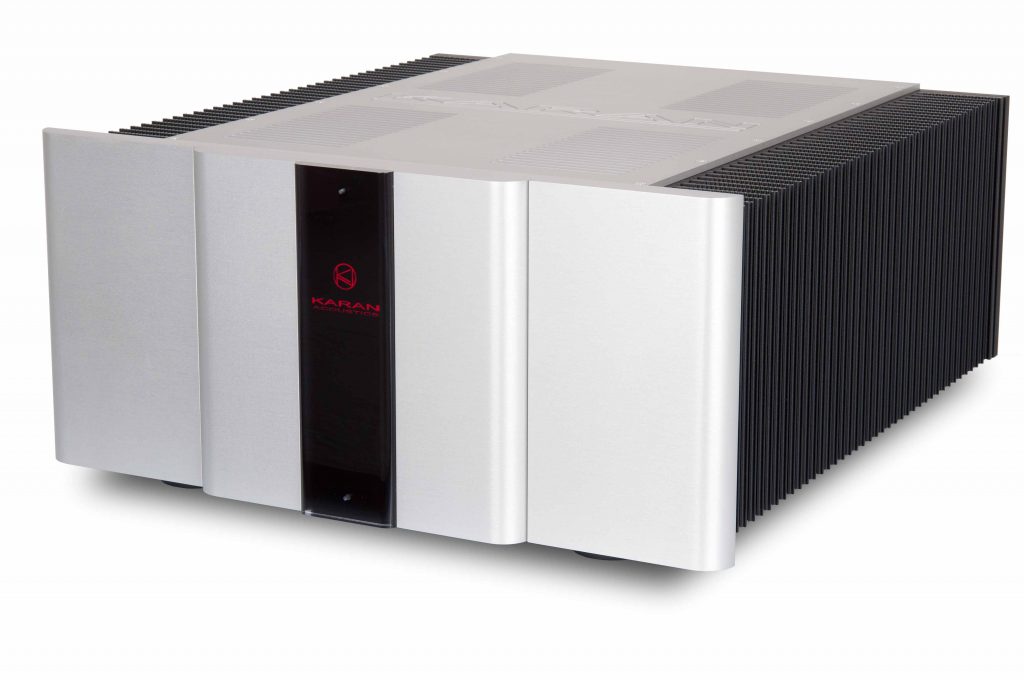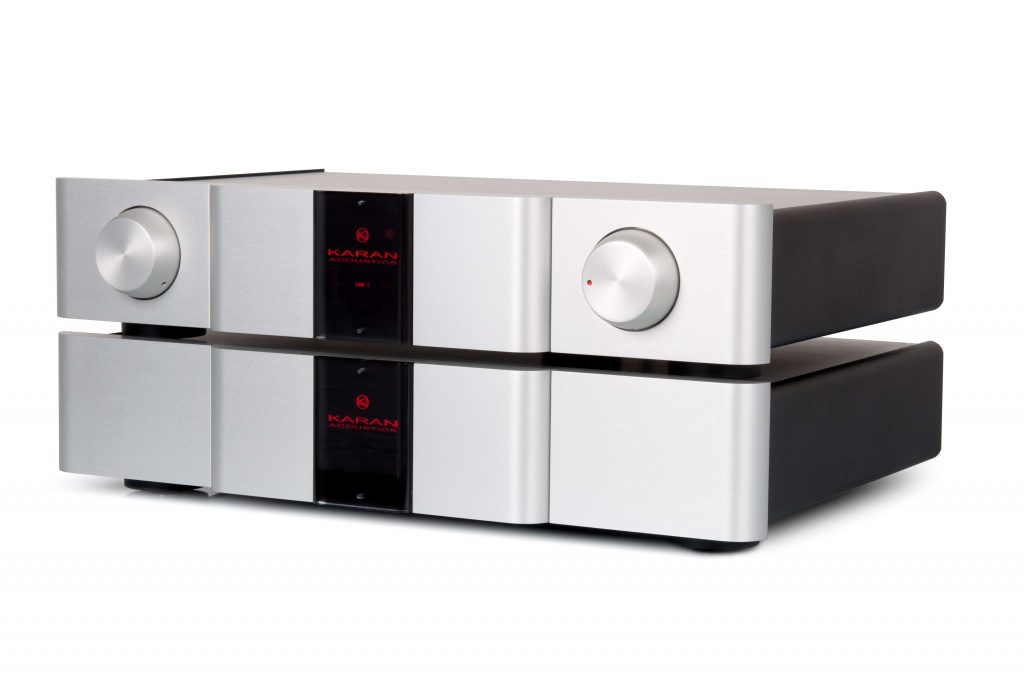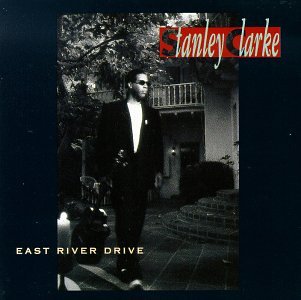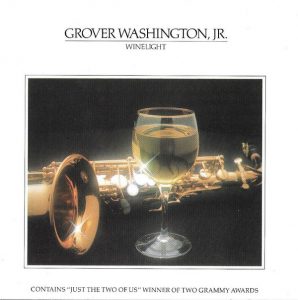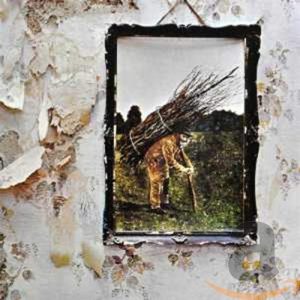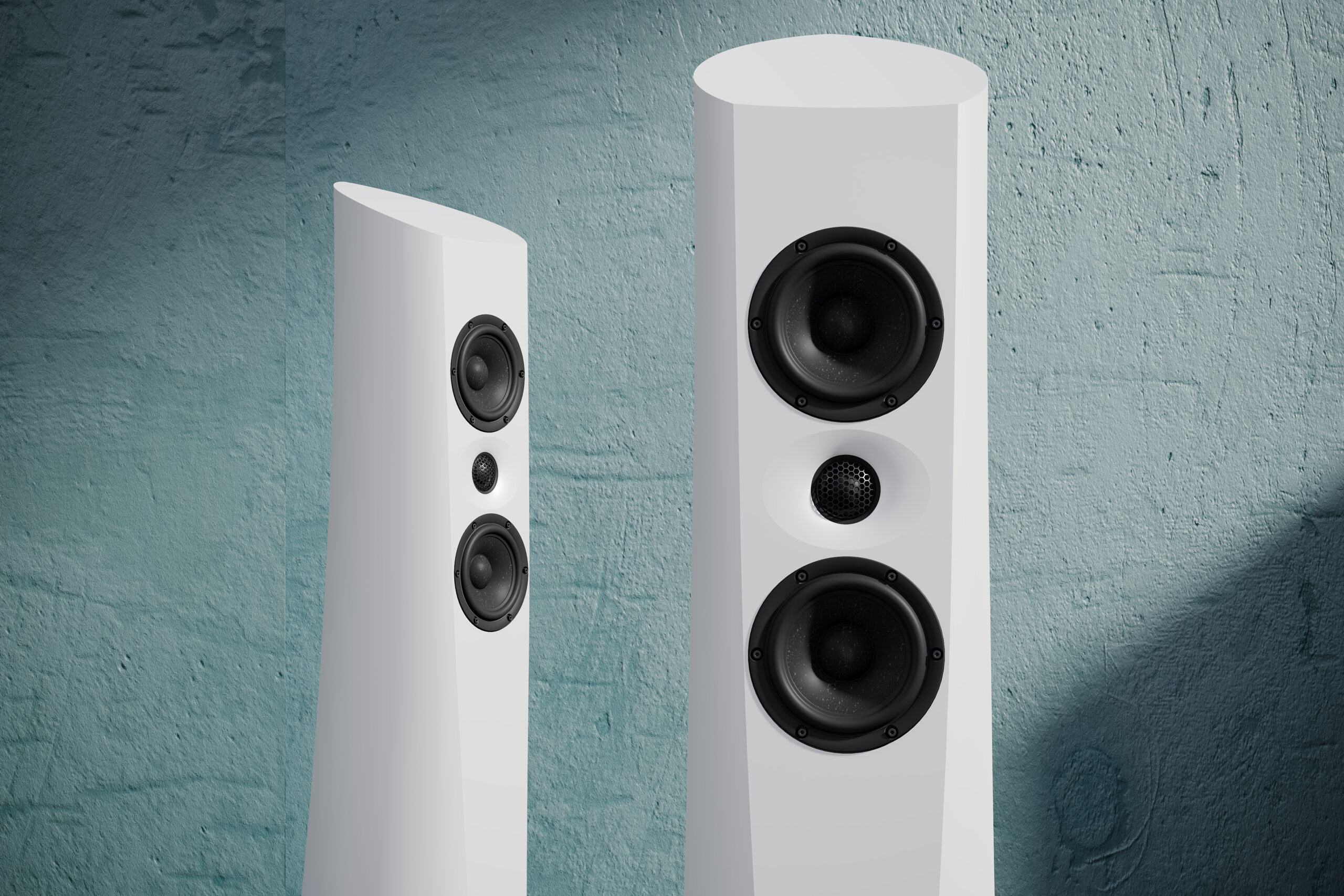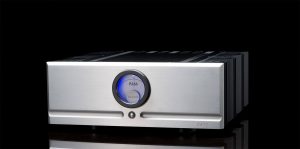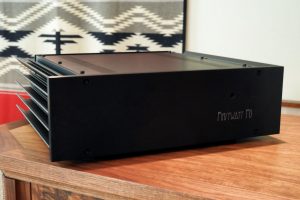A System For All Seasons
It seems like a lifetime ago I reviewed the Karan Acoustics KAS 450 stereo amplifier. My conclusion was "This is an amplifier I could live with for the long haul," and was planning on adding it to my system. If not for a train wreck of an experience with a speaker manufacturer who took a $20K down payment for new speakers after I sold my reference, I would have happily added the KAS 450 to the system. Failing to fulfill his promise to deliver my new speaker in eight weeks, I had to sell one of my amplifiers in order to fill in the speaker gap left for the next 10 months. When the new speakers finally arrived, the varnish crackled not just once, not twice, but three times, each taking a month in between to fix. The money was finally returned after more acrimony than I care to recall leaving me to search out new speakers yet again. This nightmare cooled me off from investing in the Karan. Chalk it up to adventures in the audio jungle.
Fifteen years later, Wynn Wong from Wynn Audio offered to send out the latest KAS 600 ($28,000) beast of a stereo amplifier and the KAL REF MK3($17,000) preamplifier. That long forgotten debacle came flooding back into my memory. But so did the very positive experience with the KAS 450 amplifier, and as it always happens, my never ending curiosity of all things audio had to be satisfied.
As my early experience with the KAS 450 drove home, the new amplifier and preamplifier are wonderful examples of high end audio design and construction. If they err, it's on the side of old school aesthetics, but in my opinion, I love the face plates with the raised center panels and the illuminated red Karan logos. The KAS 600 amplifier is unapologetically massive, and the preamps dual chassis approach speaks to rock solid design and construction. And there is not a touch screen in sight, which is fine with me.
On the KAL REF3 preamplifier, the input selector and volume nobs with their beveled edges and conical tapering have great feel. The volume knob reminds you there are discrete ladder steps with a quiet but noticeable soft click as the knob rotates. There is no balance control, which sadly eludes many high end preamplifiers. The KAL REF MK3 has three balanced and two single-ended inputs, and one of each as an output. In order to avoid inherent nonlinearities of potentiometers, this preamplifier uses a four-gang attenuator, with 64 positions implemented by using highest quality vacuum relays and fixed value 0.1% tolerance metal film resistors. It is pure class A; completely balanced and true dual mono. The KAS 600 amplifier is true dual mono, and requires two power chords. Its power rating scales from 600, 1000, and 1800-watts into 8, 4, and 2 Ohms. The Cardas Clear Beyond power cords worked perfectly. The small round remote is populated with exactly two buttons, volume up and volume down. All input switching must be done via the preamplifier input selector knob. The lack of balance control and remote input selection are omissions I can live with, though would prefer to live without.
The preamplifier can house an onboard phono stage, though mine did not have that option. As very good luck would have it, the Boulder 1108 phono stage had just arrived for review.
You know what I love more than any thing when reviewing a piece of gear?
When it works perfectly from the moment it's turned on till the second it gets shut down and packed up for shipment. Using my television signal to provide warm-up for the combo for a few days, I never heard a blip, clank, or pop that gave me pause. The Karan duo performed flawlessly through many, bordering on abusive, listening sessions.
The system used for review was the great VPI Avenger Reference table, Ortofon Windfeld Ti MC cartridge into the above mentioned Boulder 1108 phono stage. Speakers were the SunnyCable Majestic15. All wire was the startlingly transparent Cardas Clear Beyond and the much welcome return of Jeff Smith and his Silversmith Fidelium.
Unpacking and set up was as straight forward as can be. Both amplifier and preamplifier came to life with no glitches whatsoever. After the initial burn in, I would give the amplifier a good half hour to warm up upon turn on, which it seems to need to come into full throat. In sweeping terms, the Karan combo is very revealing without adding any zip or zing to the upper mid band or treble. It is exceptionally smooth, yet doesn't sound rolled off or lacking in detail. It may be a touch laid back depending on what your ears are accustomed too, but not much. Imaging and staging goes way back, erasing the front brick wall, replacing it with a vast cavernous acoustic space. The presentation is not mellow dynamically, as those 600-watts are at the ready and believe me, when they are called upon, they unhesitatingly deliver. Deep bass is given nowhere to hide. If its on the recording the Karan will impart unwavering control regardless of volume; quiet or unbearably loud.
Listening to "I'm Home Africa" from Stanley Clarke's East River Drive was a profoundly impactful experience. The 15-inch drivers and massive volume of the SunnyCable Majestic15 bass cabinets pressurized the room to incredible levels. All while keeping perfect focus and timing of the wave launch from the kick drum and Stanley's bass. The end result was chest pounding body piercing impact. Imagine putting the accelerator to the floor in a McLaren 720S or a Porsche GT3 turbo. We are talking serious G forces. Quiet passages do not suffer diminishment of dynamic shading as some bigger, high powered amps can occasionally fall prey too. Lower volumes were very satisfying, delivering great dynamic contrasts. Ultimately I would call the sound a touch bottom up tonally, as the low bass and mid bass are represented in full fleshed out tone. Maybe a touch of added warmth? Perhaps. But that's just fine with me and may be just what a given system needs.
Grover Washington's Winelight is one of my favorite albums. Before you poke fun at this soft jazz classic….go out and get it. I personally love the music, and the sound is phenomenal. Through the Karan gear the sound was magic. What the Karan duo offers are typically mutually exclusive qualities—it's rich and it's warm with lovely tonal color, yet it starts and stops on a dime. There is nothing slow about it. When the music presents any kind of staccato rhythm, any sudden shift revealing a lighting up even the smallest quietest space, there is zero overhang or opacity one may expect from a such a full bodied presentation. They provide a very deep quiet, just waiting to be filled with the excitement of air by what ever instruments is next struck. On Winelight, there is some percussion via wood blocks and the jingle of a tambourine like instrument off to the left of the stage. Through the Karan these instrument's contributions take on more meaning within the mix. They occupy a more defined space and are completely unobscured. I love being able to follow the quieter, deeply buried musical lines.
You don't hear Led Zeppelin referenced very often in audio reviews. While I was listening to Led Zeppelin IV, I was enjoying this masterpiece as a civilian music lover. But when "Stairway to Heaven" came on, I really took notice. Admittedly, I have never really used this track as a reviewing reference, but through the Karan combo, I was shocked at the transparency and separation of images, not to mention the timbre of all the instrumentation and texture of Robert Plant's vocals. The Karan combo presents extremely natural mid range tonalities. This is solid state at its finest for those looking for boundless power with utter beauty of tone. What would follow was a deep dive into many titles I love, yet rarely if ever use for review. The Karan combination expanded my musical universe, encouraging me to rediscover much of my favorite music.
I had just come off the review of the $14K Boulder 866 integrated amplifier when the Karan arrived. The Boulder is clean down to a micron, perhaps leaving a bit of flesh off the bone, but goodness, it is very musical and deceptively powerful. The Karan duo at 3 times the price will add a bit of meat back on the bone. Perhaps a better comparison would be Boulder's up market amplifier/pre combination. That review is in the works. Compared to many amps I have lived with, the Karan is more bold and densely colored. It fills up a stage with solid 3 dimensional images as does the Boulder, but with a slightly different approach. When Coltrane gets cooking on Blue Train from the 45 RPM remaster on clear vinyl from Classic Records, his horn is very present. It blooms and glows, illuminating the space around it. It feels a bit larger and fleshed out when compared to the Boulder. The Boulder sounds a bit quicker, with inner detail taking a more prominent role with its crystalline focus with a smaller image.
For those who insist on the finer details being a more prevalent, dominant character of the performance, the Karan may not be your cup of tea upon first listen. But as you settle in, the details are there. The resolution is more than adequate. It's just not thrust forward. The top end is very smooth, but not lacking textures or transient speed. There is an effortlessness that just lays it out without dominating the sound. This is not the typical solid state sound. But then neither was the older KAS 450 amplifier, which is precisely what set Karan apart back in the day. The ensuing improvement of transparency and speed has only enhanced and expanded the pallet of the Karan's wonderful qualities. This musicality touches everything that passes through. It will not render the totally unlistenable listenable, but it will reveal the nuggets of musical joy buried in recordings other amps can simply glaze over.
Conclusion
I love being able to revisit a manufacturer after years between products. In the case of Karan, it's clear the advancements made to the KAS 600 amplifier and the KAL REF MK3 preamplifier have been more evolutionary rather than revolutionary. The essential character of the combo definitely harkens back to its lineage. I like that. Why mess with the secret sauce? The areas of improvement heard by these ears while wracking my failing memory are to be found in transparency and speed from top to bottom. They seem more efficient and effortless at passing the signal than their ancestors. It strikes me it would be very difficult to find precisely what the Karan duo offers in other products. At least that's how I hear it. The Karan sound remains unmistakable, yet very difficult to pin an overt coloration too.
As I always do with any component I review, I let my fangs out and try to come up with a reason for someone who can afford the asking price not to add the components to their system. In this case, I simply can't come up with anything. The lack of remote input switching? The lack balance control? No, those are not not game changers when such wonderful sound is provided by the Karan KAS 600 amplifier and KAL REF MK3 preamplifier. I cannot imagine a scenario where this combo would need to be replaced for years to come if enjoying music, all genres of music at the highest level of fidelity, not obsessing about gear, is the priority.
KAS 600 Amplifier
Retail: $28,000
KAL REF MK3 Preamplifier
Retail: $17,000
Wynn Audio Corp.
20 Wertheim Crt. Unit 31.
Richmond Hill Ont.
L4B 3AB
Canada
212.828.1111
Karan Acoustics




